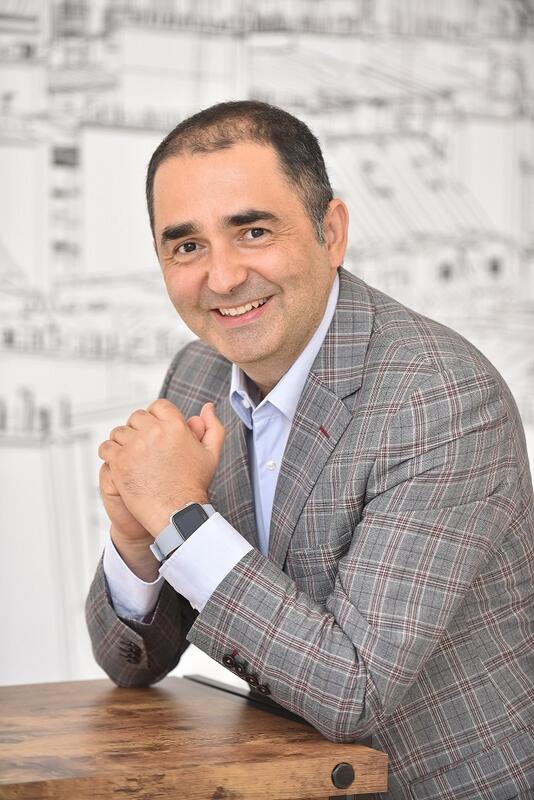1. Encourage employees to wash their hands regularly and wear gloves if they usually touch objects used by other employees.
2. Install hand sanitizer solutions in areas where soap and water are unavailable to help employees keep their hands clean and reduce the spread of germs.
3. Put educational posters in offices reminiscent of frequent hand washing, the proper method of hand washing and avoiding contacts as ways to stay protected from viruses.
4. Frequently replace the air filters at the HVAC facility to reduce the number of dust particles and microbes. This helps reduce the risk of germs, spores, bacteria spreading through ventilation. Maintaining healthy indoor air quality is an important step for the health of every employee.
5. Adopt a clean desk policy and have staff keep most items in cabinets when not in use. Items such as pens and notepads can stay in the drawers, away from spraying the virus. This will also allow the cleaning staff to do a more efficient cleaning of the free surfaces of the offices.
6. Secure disinfectant wipes and UV wipes around the office. UV sanitation wipes and room hygiene items can kill up to 99.9 percent of germs, viruses, bacteria and allergens on hard surfaces and fabrics.
7. Remind employees that their cell phone, keys and office have 10 times more germs than a toilet seat!
So, what is the role of facility management in managing the risks associated with the spread of the virus? Being responsible for the maintenance of the buildings and, most importantly, for the well-being of the people is the role of the facility managers to take measures for the safety of the workplace.
1. Reducing staff concentration
This can be achieved through the allocation of rounds, distance work and other flexible work schedules. It is particularly important that employees with cold symptoms stay home.
2. Reducing the physical approach of the personnel
Office building managers must take steps to reduce staff density in the same space. For example, employees should not exceed 50% of the maximum capacity of the elevators and should not work in spaces less than 2.5 square meters each.
Avoid interacting directly with customers, suppliers or others to reduce the risk of contamination, and adopt the use of "remote" communication technology that allows teamwork or information sharing.
3. Cleaning and disinfection of office spaces
Cleaning procedures should be intensified during the pandemic, to reduce the likelihood of survival of the virus on surfaces and objects. The cleaning team must know the specific procedures and products to be used for each type of space and surface.
4. Cleaning and maintenance of HVAC installations
Air circulation through centralized air conditioning or ventilation systems must be deactivated, and key components that may be at risk of infection should be cleaned, replaced or disinfected weekly.
Maintaining relative humidity between 40% and 60% reduces the survival time of viruses. The ability to maintain a relative humidity level of at least 40% depends on the capacity of the humidification plant and the ability of the construction to prevent condensation from occurring at higher relative humidity levels.
* * *
About the company Facilities Management Services
The founder of the company, dipl.ing. Lucian Anghel, has experience in the operation and maintenance of buildings, amounting to more than 3,000,000 square meters in Romania. The experience gained over 15 years of facility management has led to the creation of this firm by which customers benefit from a national provider of operating and maintenance products and services based on an innovative business model and new technologies. The FMS team has over 15 years of experience in facility management and technical assistance. The company's technical services offering include: technical maintenance of buildings, monitoring and water treatment in closed circuits, energy management and efficiency, maintenance and electrical works. The company also offers non-technical services such as cleaning, snow removal, DDD, landscaping and concierge. Find out more about us on: www.tfms.ro.
Author: Lucian Anghel, Fondator și CEO, Timepal Romania și Facilities Management Services







